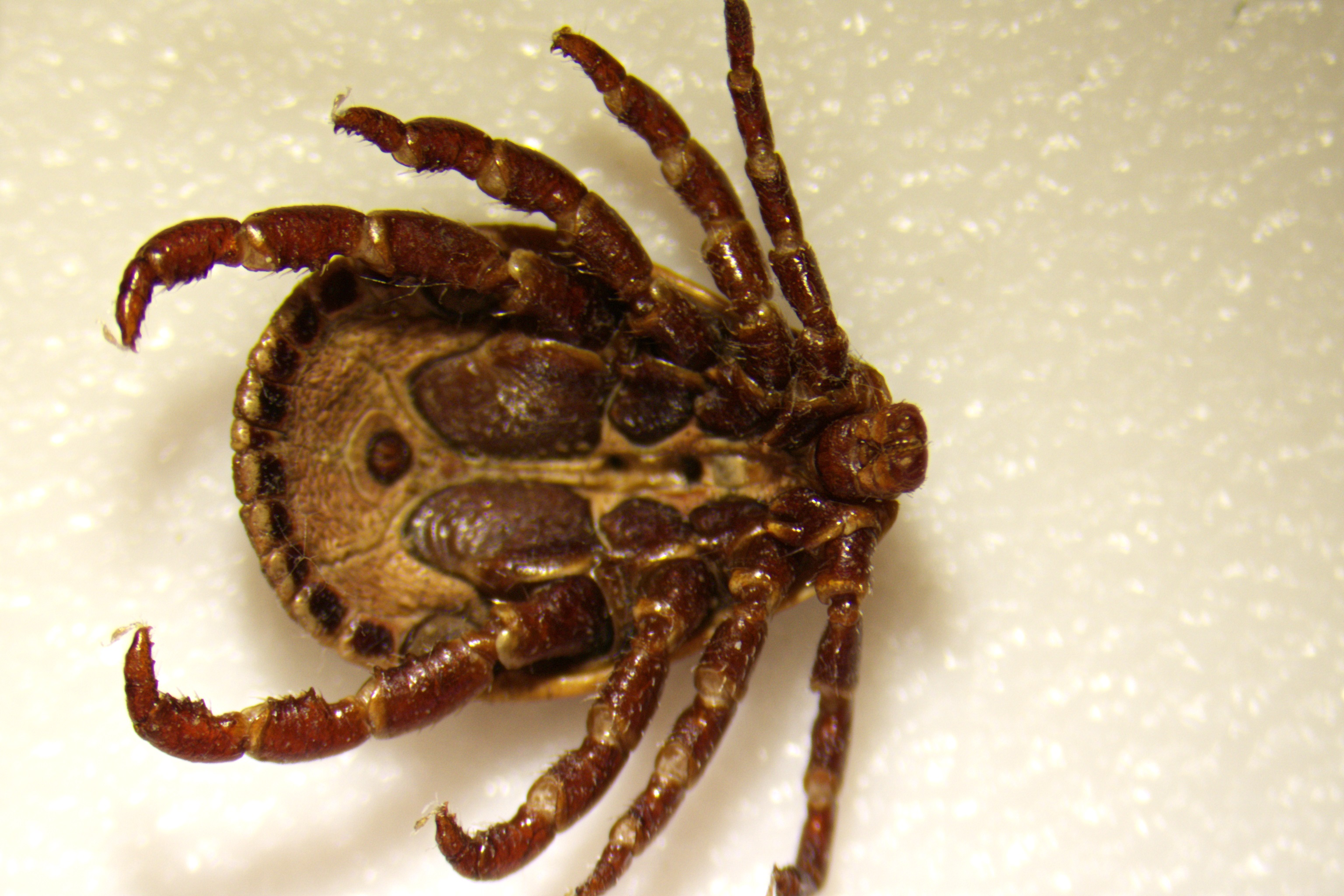Globalisation and environmental change (e.g., anthropogenic climate change, tourism, migration), social and demographic change (e.g., ageing population, social inequality), as well as alterations in the health system (e.g., health care capacity, food, and water quality), have been facilitating the arrival and the dispersal of new pathogens and vectors of infectious diseases.
Animals, humans, and their social and ecological contexts are interdependent systems. Yet, when tackling the emergence and the transmission of pathogens that cause infectious diseases, these systems are treated separately. Launched on 1 June 2022 under the Horizon Europe programme, the IDAlert project aspires to fill this gap by developing and piloting adaptation and mitigation measures, as well as, response strategies against the risk of spillover diseases.
IDAlert stands as a comprehensive, high-quality, multi-options framework for public health officers, policymakers, and governmental actors in response to infectious disease threats. To grasp the complexity of the human-environmental systems, IDAlert promotes cross-sectoral work and integrates approaches from diverse disciplines, including public health, animal health, and the environment. The project leverages the expertise of many professionals (e.g., stakeholders, epidemiologists, data scientists, economists, social scientists, public health officers, veterinarians), each contributing to forging transformative climate policies and effective decision-making.
Preventing, mitigating, and containing disease outbreaks means reducing animal and human losses but also the associated environmental, societal, and economic costs. Only through a joint approach such as the one fostered by IDAlert, can a paradigm shift be achieved to build and sustain a climate-resilient Europe against current and future disease outbreaks.




